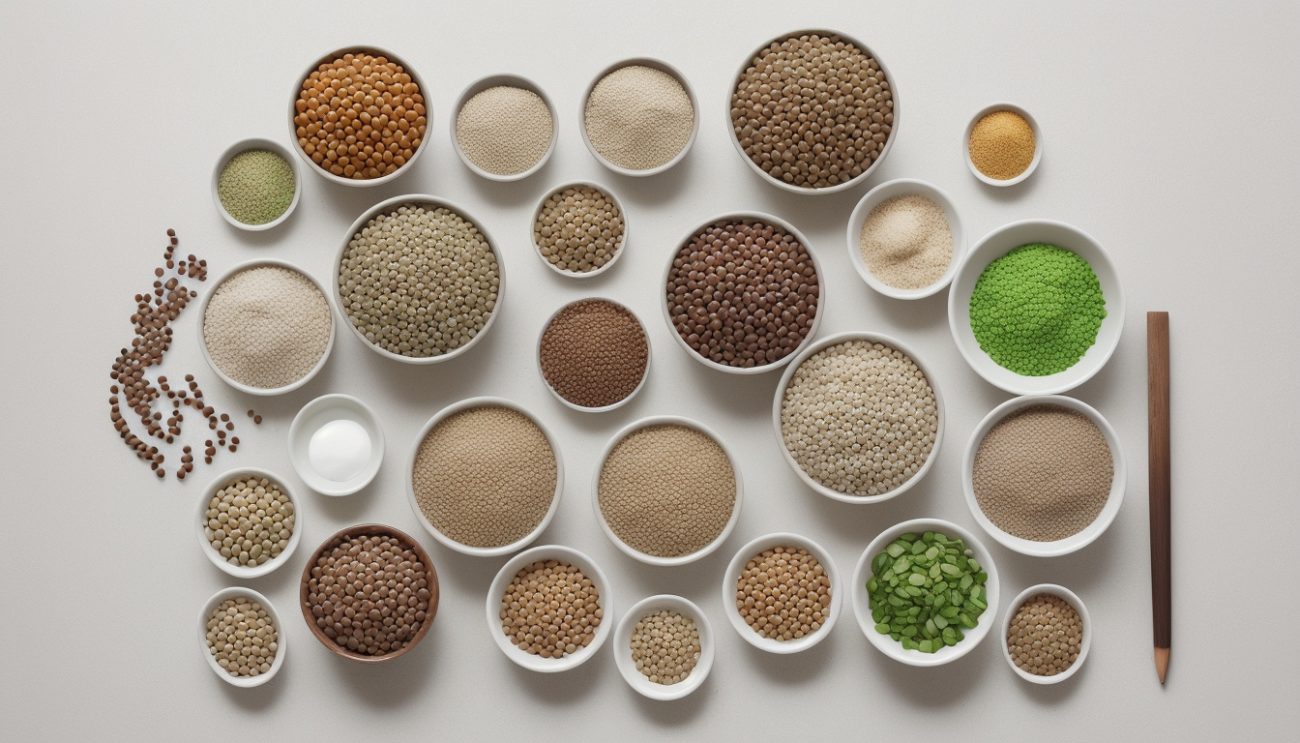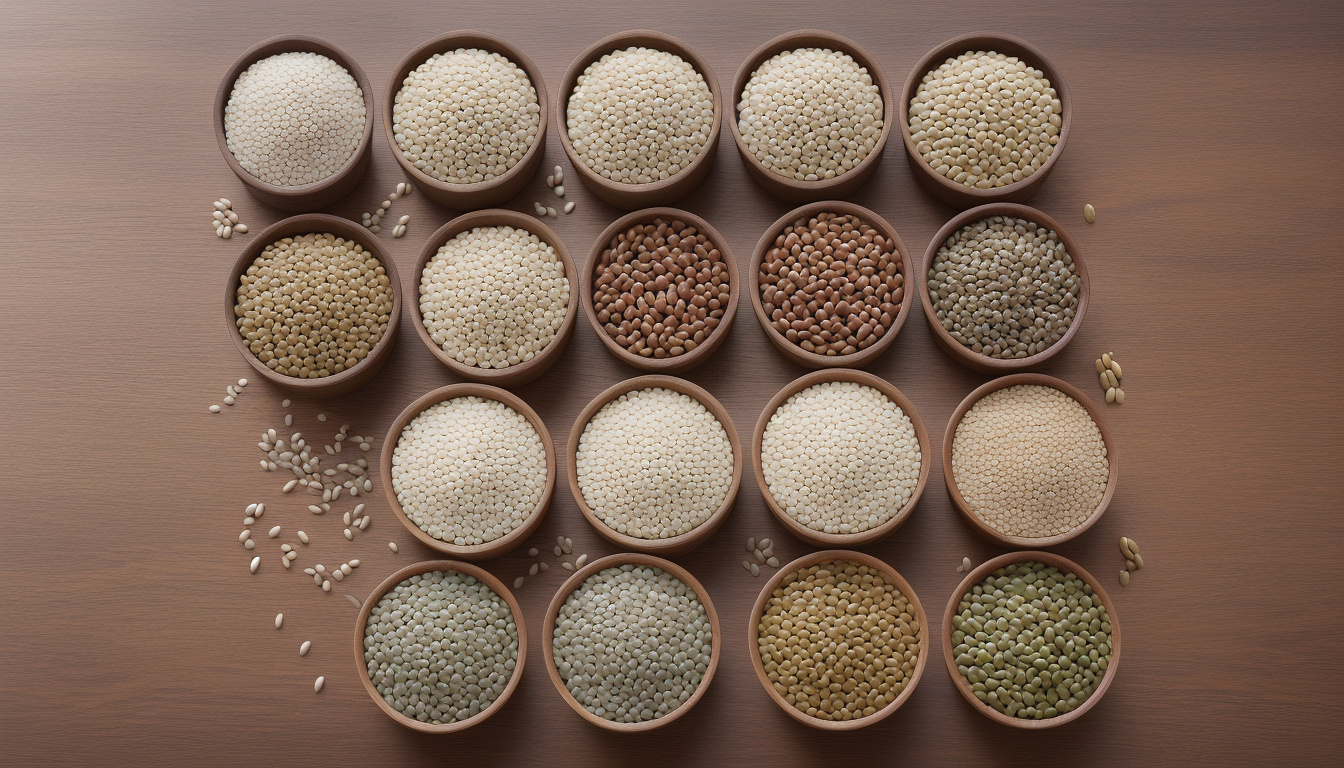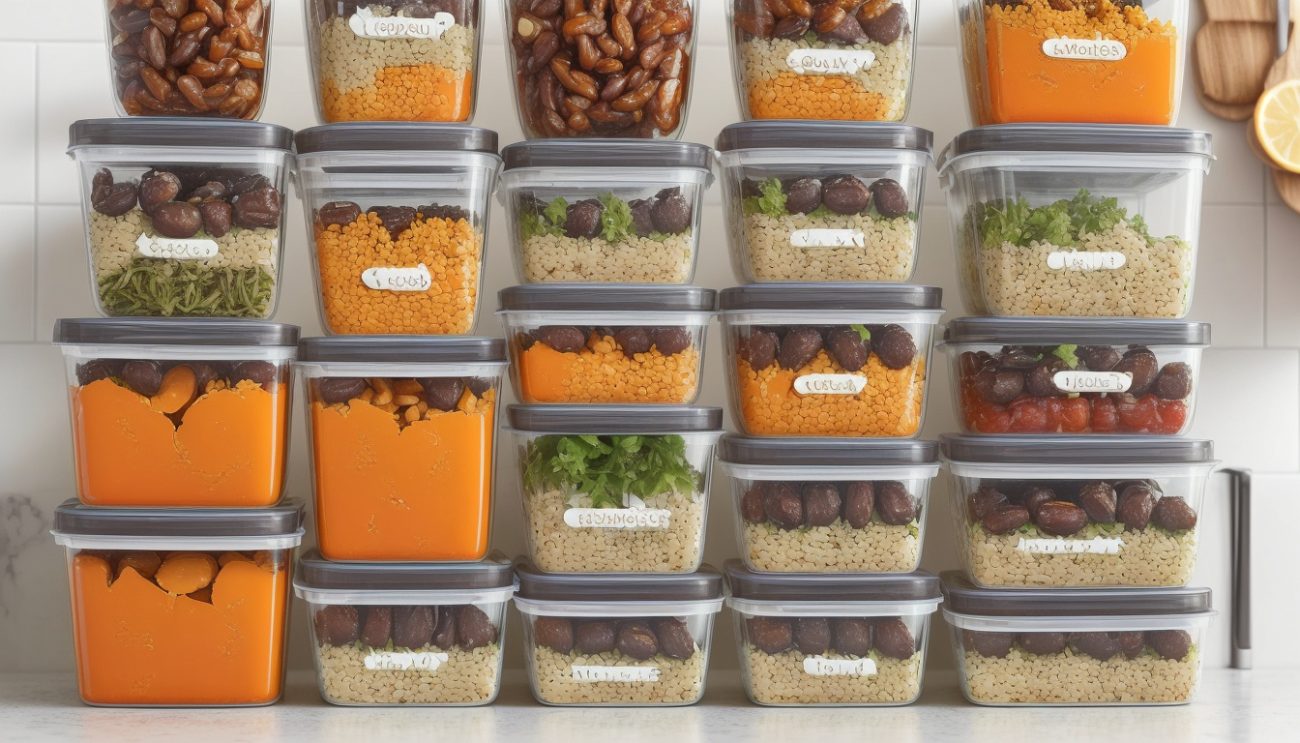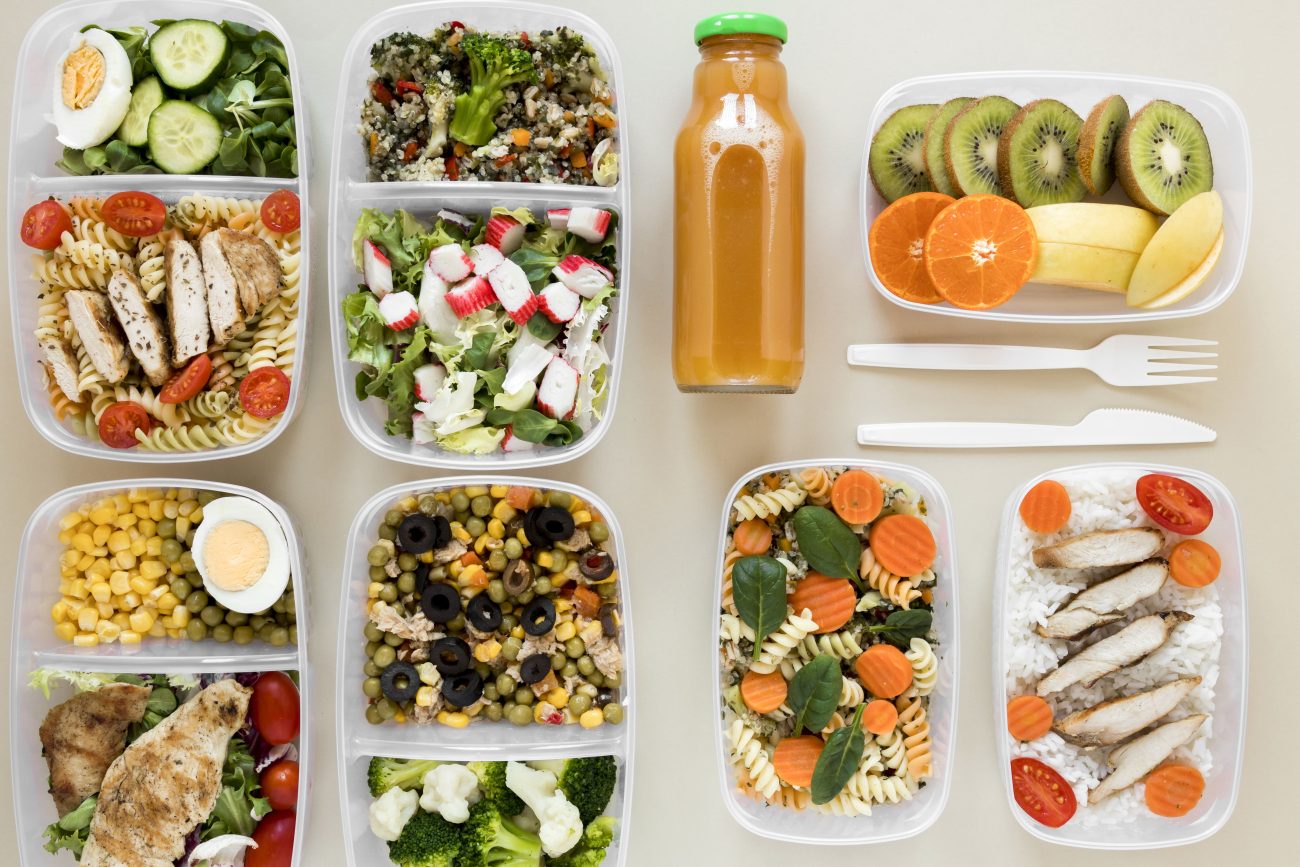Unlocking Plant Power: A Beginner’s Guide to Vegan Protein Essentials
The question "Where do you get your protein?" is one that many new vegans encounter. With so much information swirling around about protein sources, amounts, and quality, it's natural to feel uncertain. This beginner’s guide

The question "Where do you get your protein?" is one that many new vegans encounter. With so much information swirling around about protein sources, amounts, and quality, it’s natural to feel uncertain. This beginner’s guide demystifies vegan protein by explaining what protein is, how much you need, common plant sources, and tips to ensure you get adequate and balanced protein on a vegan diet.
Understanding Protein: What It Is and Why It Matters
Protein is one of the three essential macronutrients our bodies need for energy and function—the others being carbohydrates and fats. Proteins are made up of 20 amino acids, the building blocks necessary for cell repair, muscle growth, enzyme production, and immune health.
While our bodies can manufacture some amino acids, there are nine essential amino acids that must be obtained from food. These essential amino acids are present in varying amounts in different protein sources, which leads to some discussion on "complete" vs. "incomplete" proteins.
How Much Protein Do You Actually Need?
Contrary to popular belief, the average person’s protein requirements are moderate. Government recommendations typically range from approximately 0.66 to 0.8 grams of protein per kilogram of body weight daily. For example, a 140-pound person needs about 50 grams of protein — roughly 10% of a 2,000-calorie diet.
Studies show most people, including vegans and vegetarians, regularly consume more than enough protein, often exceeding needs by a significant margin. Protein deficiency mainly occurs alongside calorie deficiency, where overall food intake is insufficient.
Athletes and active individuals have higher protein needs—between 1.2 to 2 grams per kilogram of body weight—to support muscle repair and growth. However, they typically achieve this by simply increasing their overall food intake without special focus on protein-rich foods.
Plant-Based Protein Sources: Nutritious and Abundant
Vegan diets offer an array of protein-rich foods packed with additional nutrients like fiber, vitamins, minerals, and healthy fats—all absent of cholesterol and low in saturated fat. Here are some top sources of vegan protein:

- Legumes: Beans (black, pinto, kidney), lentils, chickpeas, peas, soybeans (edamame)
- Soy Products: Tofu, tempeh, soy milk
- Grains: Quinoa, amaranth, oats, spelt, whole wheat
- Nuts and Seeds: Almonds, walnuts, cashews, pumpkin seeds, chia seeds, hemp seeds, flaxseeds
- Vegetables: Kale, spinach, broccoli, mushrooms have modest protein content and contribute overall intake
Protein Content Examples (Approximate per serving):
| Food | Serving | Protein (g) | Calories |
|---|---|---|---|
| Cooked Tofu | 1 cup | 22 | 183 |
| Cooked Lentils | 1 cup | 18 | 230 |
| Cooked Quinoa | 1 cup | 8 | 222 |
| Almonds | 1 oz | 6 | 160 |
| Natural Peanut Butter | 2 tablespoons | 14 | 190 |
Complete vs. Incomplete Plant Proteins: What You Need to Know
Animal proteins are typically "complete," meaning they contain adequate amounts of all essential amino acids. Most plant proteins are considered "incomplete," lacking one or more essential amino acids. However, this is not cause for concern because:
- Some plant foods like soy and quinoa are complete proteins.
- Consuming a variety of plant proteins throughout the day easily provides all essential amino acids.
- The notion that you must combine specific plant proteins at each meal (e.g., rice and beans) is a myth. Your body pools amino acids from all foods eaten throughout the day to synthesize complete proteins.
Vegan Protein Powders: A Helpful Supplement
For some, particularly athletes or those with higher protein demands, vegan protein powders can be a convenient addition. These powders often combine multiple plant protein sources (pea, rice, pumpkin seed, hemp) to ensure a complete amino acid profile.
Benefits:
- Suitable for vegans and those with dairy or lactose intolerance.
- Often contain extra fiber, vitamins, and minerals.
- Typically easier to digest for some compared to whey protein.
Considerations:
- May have a lower protein content per serving compared to whey.
- Plant proteins digest more slowly than whey, which might be better for sustained nutrient release.
- Introduce protein powders gradually to allow your digestive system to adjust.
Health Benefits of Choosing Plant Protein
Reducing or eliminating animal protein may have significant health benefits such as lowering the risk of heart disease, certain cancers, type 2 diabetes, and weight gain. Plant-based proteins support heart health due to their lower saturated fat and cholesterol content.
Additionally, whole-food, plant-based diets provide antioxidants and anti-inflammatory compounds, potentially contributing to overall longevity and well-being.
Practical Tips for Getting Enough Protein on a Vegan Diet
- Eat a variety of plant foods: Incorporate legumes, grains, nuts, and seeds daily.
- Include soy foods: Tofu, tempeh, and edamame are protein powerhouses.
- Don’t worry about protein combining: Simply aim for a diverse diet overall.
- Snack smart: Nuts, seeds, and protein-rich bars can help fill gaps.
- Try plant-based protein powders: Especially useful post-workout or during busy days.
- Cook with legumes: Add lentils or beans to soups, stews, and sauces.
Final Thoughts
Protein is essential, but fear of deficiency on a vegan diet is largely unfounded. A well-planned plant-based diet naturally provides ample protein to meet most people’s needs, from sedentary individuals to elite athletes. By embracing a variety of legumes, grains, nuts, seeds, and soy products—and optionally supplementing with vegan protein powders—you can confidently unlock the power of plants to nourish your body and support your health journey.
Remember: The journey to optimal nutrition is a personal one. Pay attention to how your body feels and adjust your diet accordingly. If needed, consult a registered dietitian or nutritionist with experience in plant-based nutrition.



